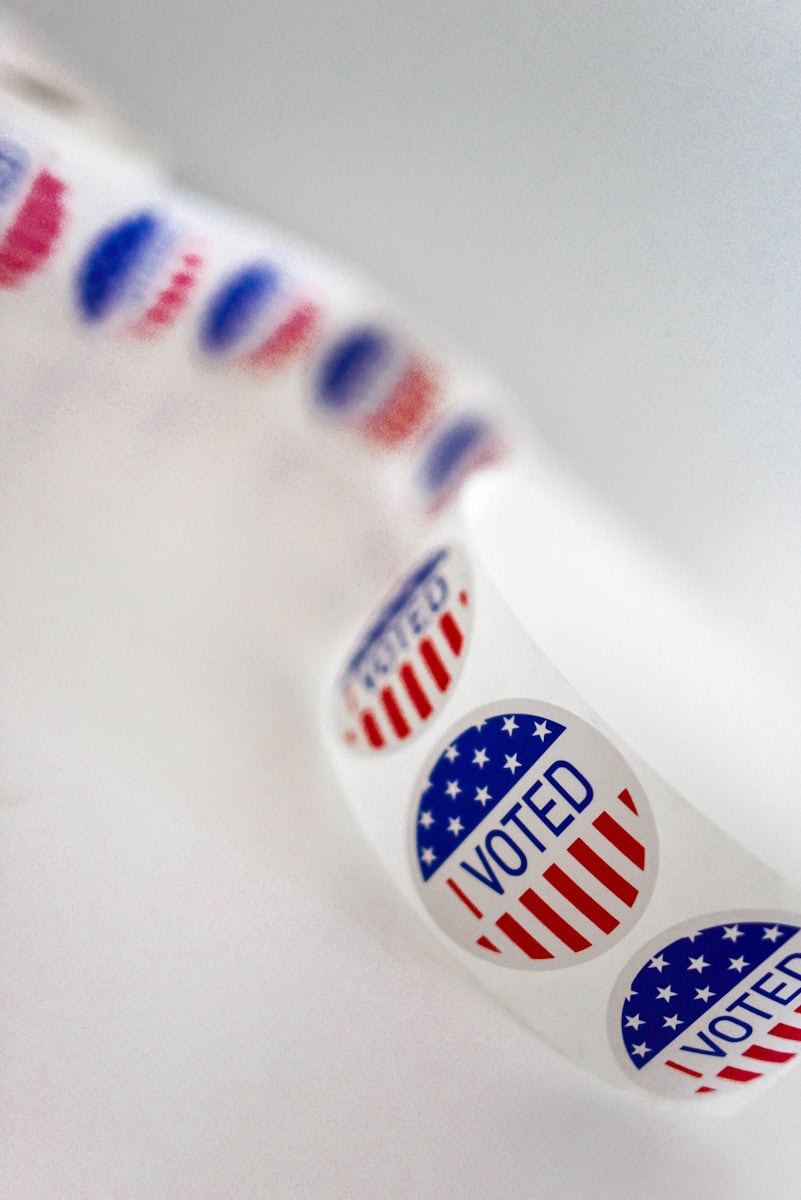Misconduct can cost a company, but it can morph into a full-fledged disaster when that incident is scandalized in the media. A new study published in the Strategic Management Journal explores the effects of whether the public evaluates a firm emotionally or rationally on corporate misconduct scandalization. The findings could help companies decide how to address the misconduct incident publicly — if at all.
Jung-Hoon Han of Sungkyunkwan University, Timothy G. Pollock of the University of Tennessee, and Srikanth Paruchuri of Texas A&M University wanted to better understand the scandalization process, which affects how the misconduct’s media coverage unfolds. Just because something becomes public knowledge doesn’t mean it will become a scandal — that requires ongoing media coverage after the initial disclosure of the issue.
The team focused their attention on data breaches because they violate implicit and explicit contracts with customers, which damages the public’s cognitive and emotional trust in the firms and undermines perceived procedural fairness. They used the Privacy Rights Clearinghouse database to identify 224 incidents involving 157 publicly traded U.S. firms between 2015 and 2018. They followed each breach for two weeks from the disclosure date to measure the extent to which the media scandalized the breach by using the count of articles covering the focal incident each day during the two-week period.
They identified two factors about data breaches: the amount of the accumulating media coverage about them and the objective severity of the breach’s size. They examined how these factors interacted with the company’s reputation and celebrity in different ways. They defined reputation as the “broad public recognition of the quality of a firm’s activities and outputs” and celebrity as the “high level of attention and…positive emotional responses from stakeholder audiences.” Examples of high-reputation, non-celebrity companies include American Express, John Deere, and Nordstrom. High-celebrity, non-high-reputation companies include McDonald’s, The New York Times, and Yahoo!
They found that a high-reputation firm, one whose capabilities are rationally assessed, will see a higher likelihood their misconduct is scandalized for objectively severe misconduct. Meanwhile, the influence of celebrity, which comes from the public’s emotional resonance with a company’s unconventional traits and behaviors, will weaken as objective severity increases. The researchers also found that reputation’s influence weakens, and celebrity’s influence strengthens, as media “availability cascades” — a self-reinforcing process of collective belief formation — grow and increase perceived severity.
“If you have a high reputation, people’s interest in your misconduct is likely to be really rational,” Han says. “So in that case, you may want to provide as detailed information as possible about your assessment of the misconduct’s cause and what you’re going to do about it. You may want to explain in detail that it’s not that you lack capabilities, or you may want to reassure them that it’s not going to harm their performance much.”
But to take this action, the misconduct must be objectively severe, because if it’s a small breach involving a high-reputation firm, people will be more likely to give the company the benefit of the doubt. Say nothing and the smaller incident is likely to blow over. If there’s a big breach that creates an expectancy violation, a company should try to get ahead of it.
In contrast, celebrity firms likely don’t need to get into the details of the misconduct with the public. Their approach should be focused on managing people’s perceptions. Leaders in these organizations could temper the emotional buzz created by their misconduct and offer condensed messages on their plan.
In addition, they found that when distinguishing between celebrity firms that also possess high reputation — such as Apple, Disney, or Google — and celebrity firms that are not high reputation, the latter’s breaches are more likely to receive media coverage regardless of the breach’s objective severity. For both types of celebrity firms, breaches are likely to receive coverage regardless of their perceived severity.
Take Microsoft, a high-reputation celebrity company: When the security firm CrowdStrike released a flawed software update that disrupted Windows computers and platforms, Microsoft had to get into the weeds to explain the issues — as opposed to just saying, “Everything’s going to be OK!” Because of Microsoft’s high reputation, they had to get ahead of the problem.
“Understand how you create value, why people like you, and that affects how you respond in different ways,” Pollock says.



